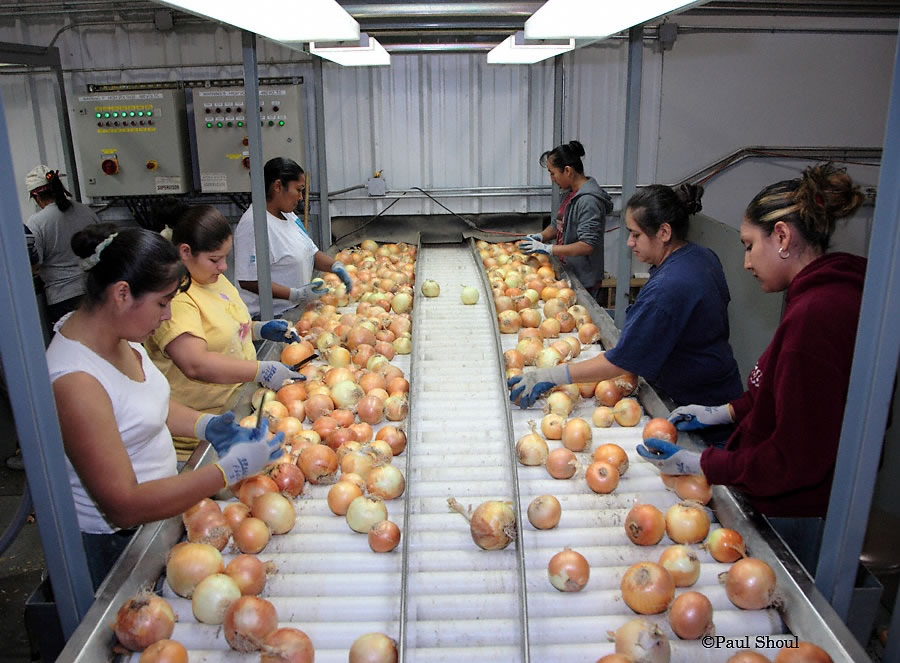Mexican Immigration Reverses: More Mexicans Leaving The US Than Entering, Study Finds

According to a new study from the Pew Research Center, Mexican immigration has slowed dramatically over the last decade, and net migration may have even gone negative. That’s right, Mitt Romney’s dream has come true and more Mexicans may be leaving America (both voluntarily and involuntarily) than entering.
Whether this is happening because of stricter identification laws and immigration enforcement, as Romney would prefer, is still in question: the Pew Center cannot identify for sure why the largest wave of immigration in the history of the world has slowed. What is certain, however, is the vital role Mexican Americans play in the economy. With agricultural labor becoming a national issue in the foreseeable future, embracing the role immigrants play in the United States is more important now than ever.
12 million Mexican immigrants live in the United States (about 51% of them illegally), more than any other immigrant population in any other country. In the upcoming Presidential election, states like California, Arizona, Nevada, and Colorado, which could very well decide the election, will have their winners determined by the Hispanic vote. Thus, the immigration debate is a central one in 2012, and this new Pew Center data puts a fresh spin on the topic.
With the American economy slow to recover, the Mexican economy healthier than it has been in decades, huge decreases in the Mexican birth rate, expanded State Department efforts towards approving Mexican immigration, and vastly increased border protection, many factors have aligned to end this trend. Experts disagree on whether this is a temporary dip or a new trend in itself, but regardless, the effects can already be felt.
As IVN reports, there is a large swath of American jobs worked solely by immigrants, regardless of the huge number of unemployed Americans. Between harsh new immigration laws and this decreased immigration trend, states like Georgia are especially feeling the heat: Georgia lost upwards of 300 million dollars last year due to agricultural labor shortages. The only explanation for this is that despite the severity of current unemployment, there are some jobs that some Americans refuse to work. Now, with more and more Mexicans leaving the country, there is simply no one to work them.
The political discussion concerning immigration has centered on illegal entry, amnesty vs. deportations, and lingual and cultural assimilation. Many Americans, especially during recent years of high unemployment, have expressed resentment towards the Mexican American population. The influx of Mexican immigrants has steered the American discussion on immigration since the 70s, but now a new dialogue will be needed on the vital role immigrants play in this country, economically and culturally.
As W.E. Messamore pointed out this week, Latin values line up in many ways with American ones, and the Mexican influence within the United States is a positive one that should be embraced. Immigrants have built America from the bottom up, and American culture is synonymous with the immigrant experience. But running parallel with this is a history of xenophobia: Native Americans, Scottish Americans, Irish Americans, German Americans, Japanese Americans, Chinese Americans, and practically any other bloc of immigrants to the United States has received an ungracious welcome.
Now the United States has the opportunity to learn from its past. Curbing illegal immigration across the Mexican border is a positive goal, as is reformation of the bureaucratic citizenship process. But reforming the message sent to Mexican Americans is just as important: doing away with profiling laws and anti-Mexican sentiment is a must. A labor shortage and a Presidential election are looming in the United States and Mexican Americans lie at the center of both of them.
Now, standing at the end of an era of immigration, it is more important than ever for policy to embrace the Mexican American population.




